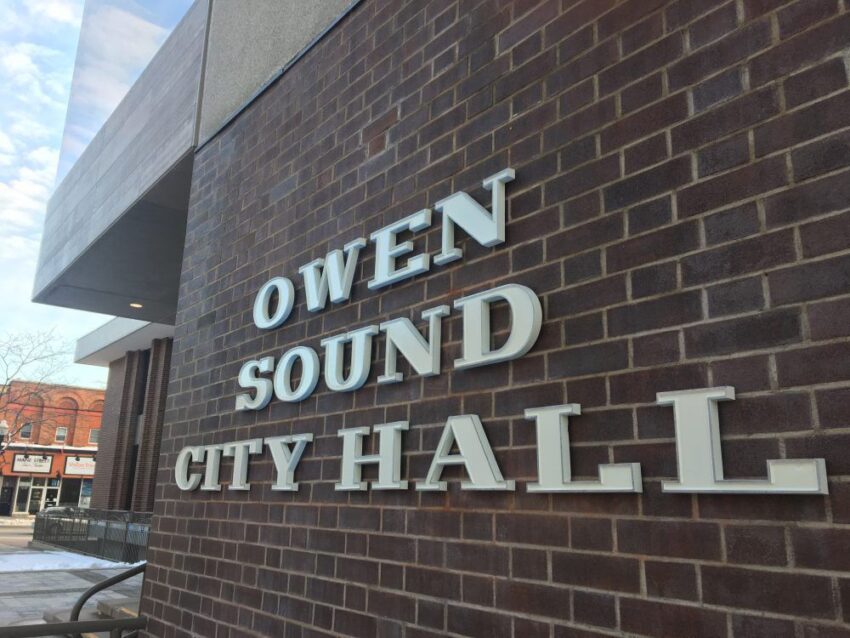City council, sitting as committee of the whole, held a public meeting Monday about an amendment to a zoning bylaw to refine the definition of a bed and breakfast and add a definition for short-term rental. The meeting also dealt with zoning provisions for short-term rentals.
Council then passed a bylaw to license, regulate and govern the operation of short-term rentals in the city. At the same meeting, council passed its municipal accommodation tax (MAT) bylaw, which enables the city to charge a 4% fee for short-term stays in the city at hotels, motels, short-term rentals and campgrounds.
the moves are the latest in a months-long process to bolster the city’s coffers by taxing the local transient and tourism lodging economy and directing some of those funds back into the promotion of local tourism.
Several municipalities in Ontario now have a municipal accommodation tax, including South Bruce Peninsula and Northern Bruce Peninsula. Legislative changes at Queen’s Park in 2017 provided municipalities with the ability to levy what is sometimes called a “tourism tax.”
The rise in popularity of owner-operated short-term rentals at private residences has led some municipalities to enact bylaws licensing those businesses in lockstep with the MAT.
The MAT process in Owen Sound began in 2022 when, in a survey, the city asked lodging operators and stakeholders to pick from a list of items they thought the MAT funds should be directed toward to support local businesses and attract people to the area. Trails, downtown improvements, as well as large events and festivals ranked highest in the responses.
The city is bound by provincial legislation to direct 50% of any funds collected from the tax to support tourism in the area. The city must direct those funds to a non-profit whose mandate includes the promotion of tourism in Ontario or the municipality. The other half of the revenue is available to be used at the municipality’s discretion.
On Monday, the committee of the whole approved in its consent agenda staff’s recommendation to enter into negotiations with the Owen Sound and District Chamber of Commerce to receive those funds.
Earlier this year, city staff put forward a request for proposals (RFP) to identify and select an eligible tourism entity as defined by the provincial regulation. According to a staff report, only the chamber submitted a proposal.
The staff report said the city and chamber will now work to develop and jointly approve a tourism strategy and marketing plan to guide the allocation of the MAT money to “priority actions”.
At the time the city began investigating a MAT, staff acknowledged the review of the licensing process would be required concerning short-term rental (STRs) as well as the associated zoning provisions, which has now resulted in the drafting and approval of a short-term licensing bylaw.
Recently, city council voted to cap the number of nights short-term rental operators will be able to rent out their principal residence at 180 per year. The original proposed limit was 90 days.
The STR licensing bylaw will limit occupancy to two people per bedroom and two in the common area up to a maximum occupancy of eight people per rental, while also limiting rentals to the principal residence of the operator and providing exemptions to STRs that are bed and breakfast businesses.
The city expects to begin licensing STRs on March 1, 2024.
At Monday’s public meeting, a resident living at a home on 2nd Avenue East detailed issues with large groups partying late into the evening and early morning hours creating a nuisance for neighbours, as well as concerns with unsatisfactory enforcement of city bylaws.
The resident questioned whether the city and police will be able to properly enforce bylaw complaints and if the STR bylaw needs more bite to help handle such occurrences.
Owen Sound has been working towards a licensing program for STRs since 2022 after concerns about noise, invasion of privacy, trash accumulation and traffic congestion were raised by neighbours of properties that were being rented out as STRs to large groups.
The city conducted a survey in June and received 583 responses, with 75% of respondents being in favour of licensing program.

